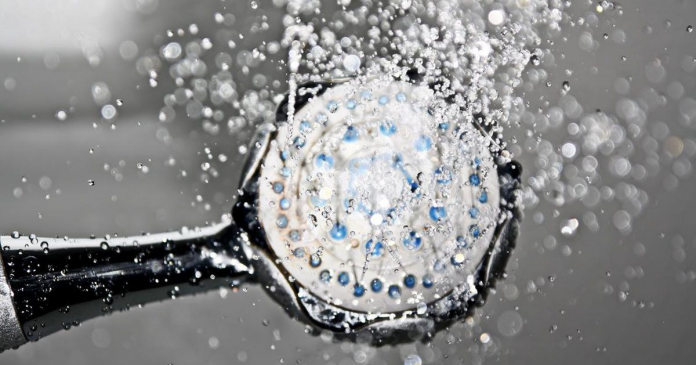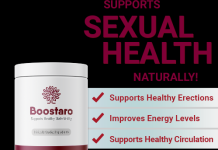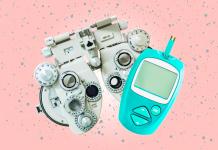A cold shower in the morning is a pretty unpleasant way to start the day. Yet many have been tempted to take up the habit because being immersed in cold water has many purported health benefits, both physical and mental.
Cold showers were first administered for health reasons in the early 19th century when doctors designed them for use on asylum and prison inmates to “cool hot, inflamed brains, and to instil fear to tame impetuous wills”.
By the mid-19th century, the Victorians realised that the shower had other uses, namely washing people – and it would be better if the water was warm. So the shower went from being a device used to inflict unpleasantness for an hour and a half to one that was very pleasant and lasted about five minutes.
And yet the practice of taking a cold shower for health benefits never truly went away, and, indeed, seems to be enjoying a resurgence. Especially among Silicon Valley types.
But what does the evidence show?
A large study from the Netherlands found that people who took a cold shower were less likely than those who took a warm shower to take time off work due to sickness.
A group of over 3,000 people was split into four groups and asked to have a warm shower every day. But one group was asked to end it with 30 seconds of cold water, another with 60 seconds of cold water, another with 90 seconds of cold water. The control group could merely enjoy a warm shower. The participants were asked to follow this protocol for a month. (Although, 64% continued with the cold-water regimen because they liked it so much.)
After a three-month follow-up period, they found that the groups that had cold water had a 29% reduction of self-reported sick leave from work. Interestingly, the duration of the cold water did not affect the sickness absence.
The reason a blast of cold water might stop people from getting ill is not clear, but some research suggests it may have something to do with boosting the immune system. A study from the Czech Republic showed that when “athletic young men” were immersed in cold water three times a week for six weeks, it gave a slight boost to their immune system. However, more and larger studies are needed to confirm these findings.
Cold water also appears to activate the sympathetic nervous system, the part of the nervous system that governs the fight-or-flight’ response (an automatic physiological reaction to an event that is perceived as dangerous, stressful or frightening). When this is activated, such as during a cold shower, you get an increase in the hormone noradrenaline. This is what most likely causes the increase in heart rate and blood pressure observed when people are immersed in cold water, and is linked to the suggested health improvements.















